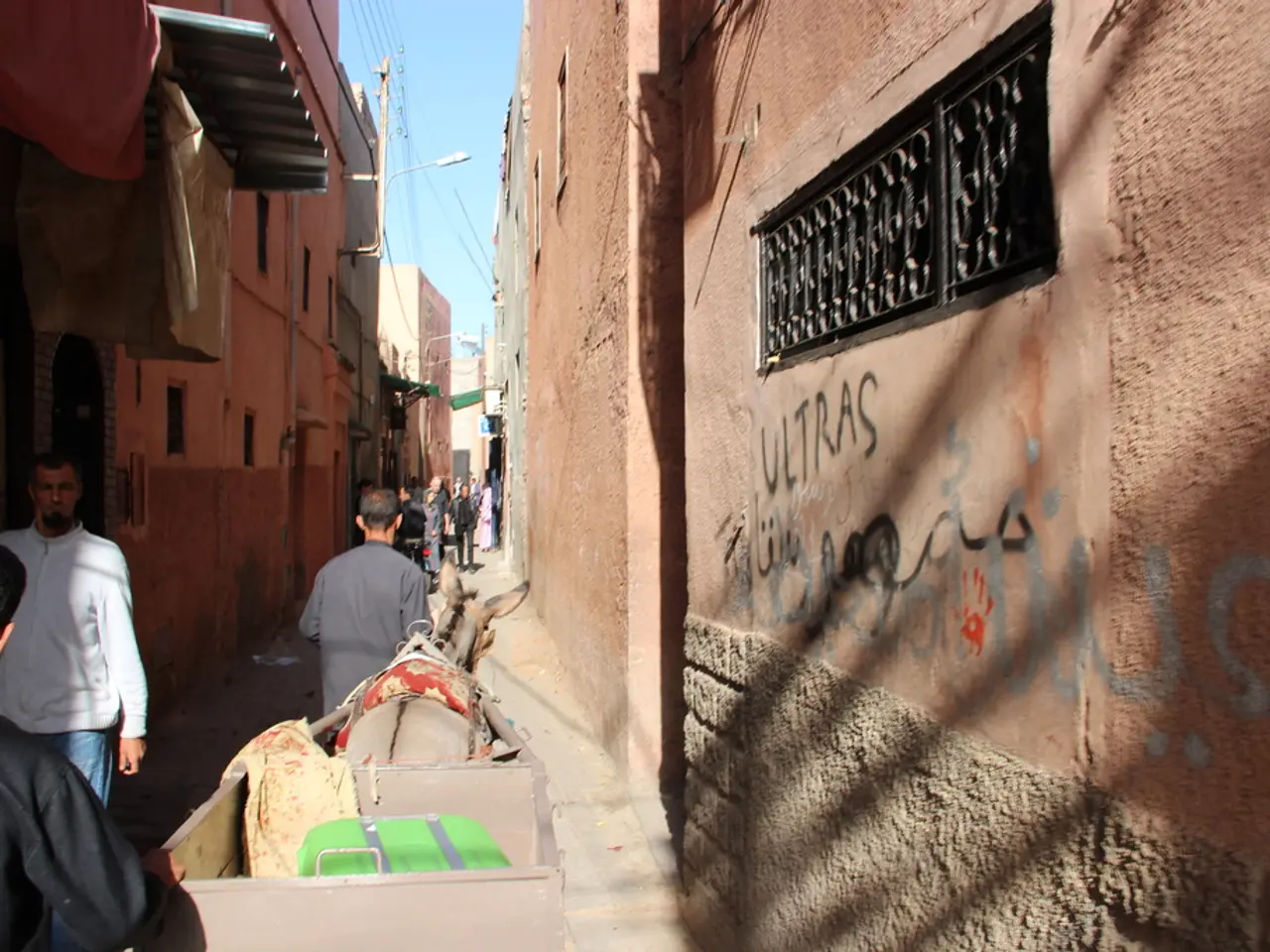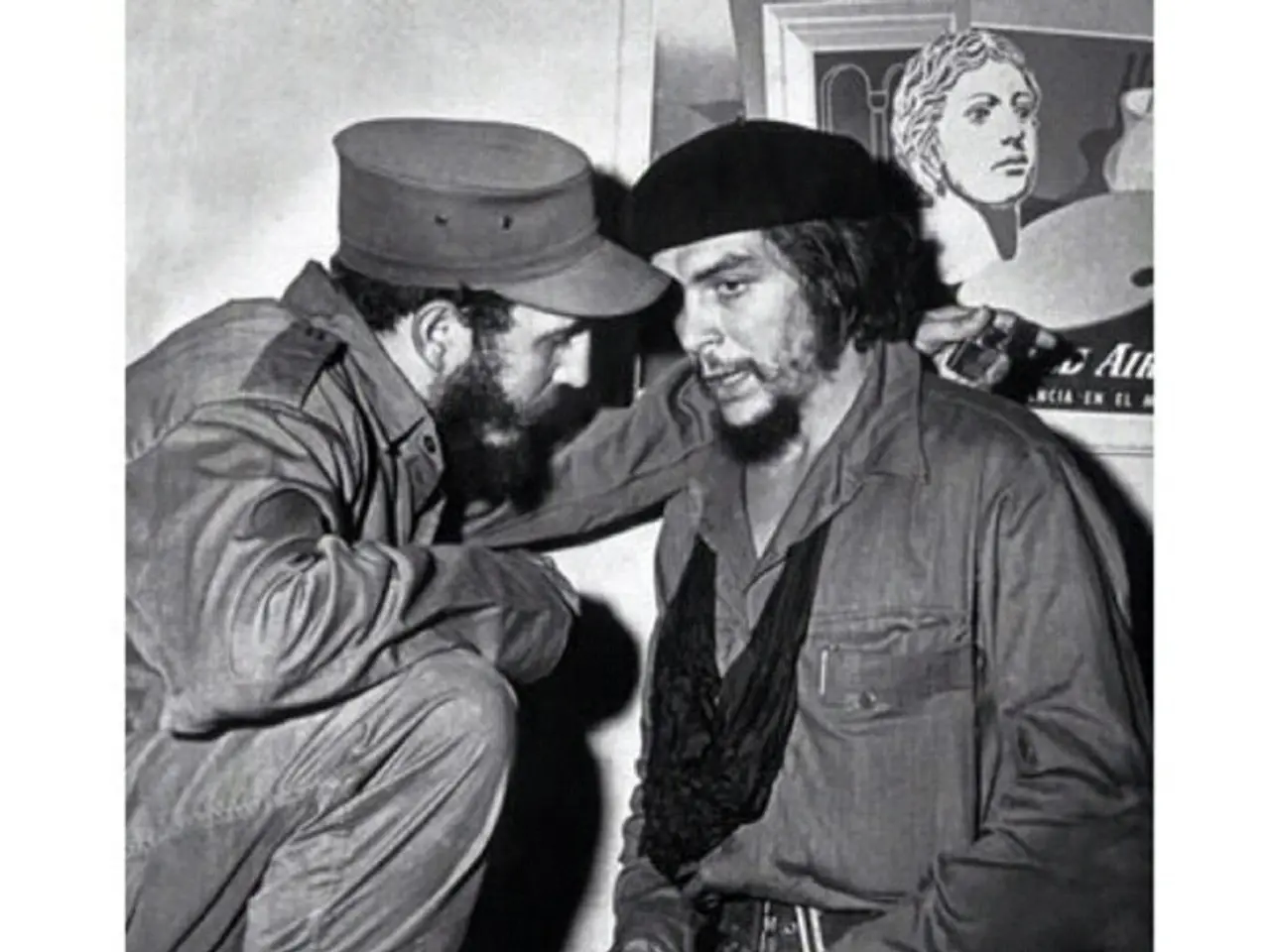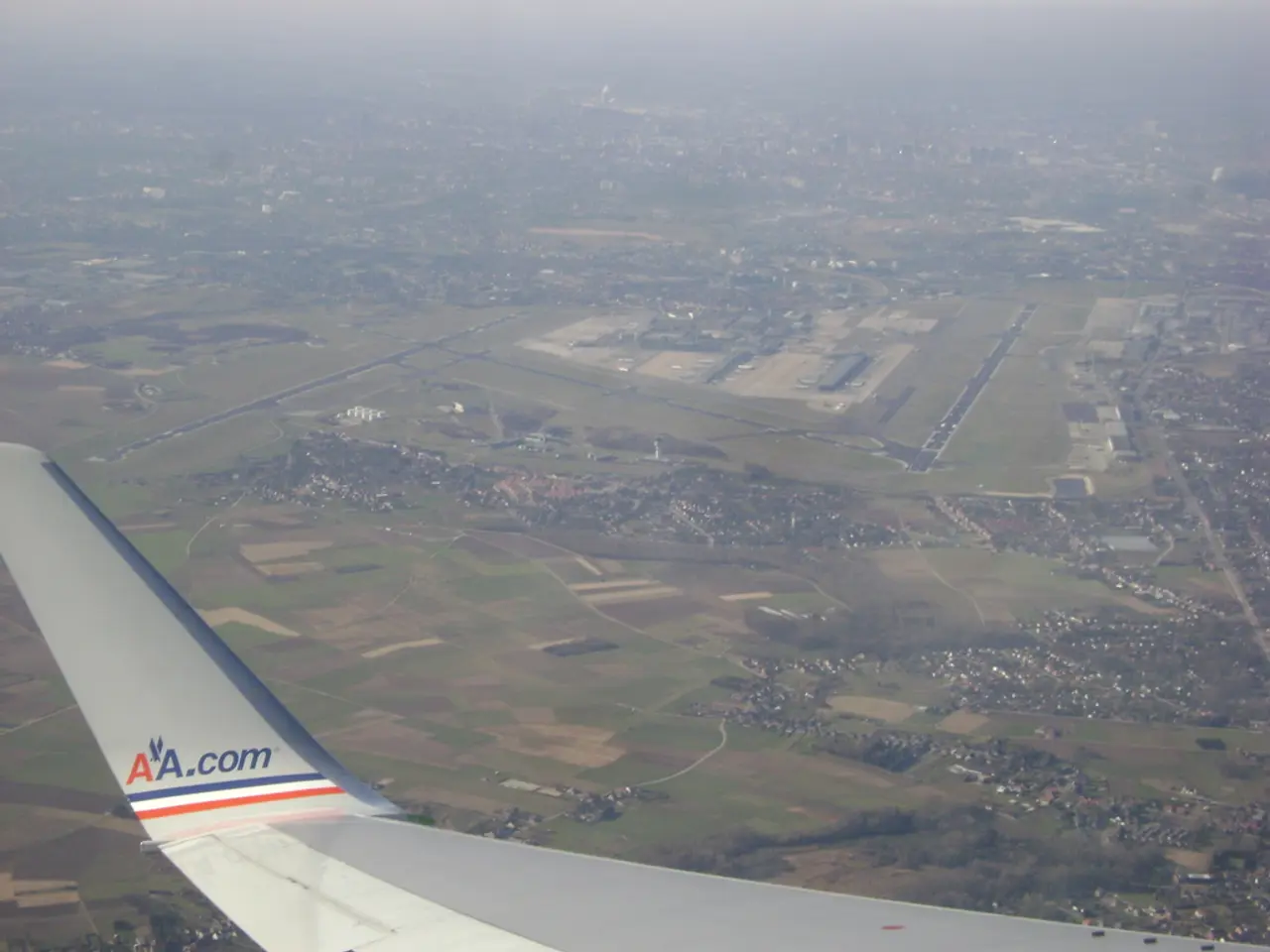Thailand-Cambodia border conflict escalates over territorial claims
Get the latest updates on thisissue on Facebook, Twitter, Whatsapp, E-Mail, or Print. You can also Copy Link to share.
Tourists planning a trip to the iconic Angkor temple complex in Cambodia via the popular Aranyaprathet-Poipet border crossing may want to rethink their plans, as Thailand has shut down six of its border crossings due to an intense dispute with neighboring Cambodia.
Only essential travel, such as for medical emergencies or student crossings, is allowed. The military has implemented strict measures, making it near impossible for tourists to travel this route. This decision comes as a major blow to border towns that rely heavily on tourism revenue.
The tensions between Thailand and Cambodia have been simmering since colonial times, covering more than 800 kilometers of territory. Last month, a fatal shootout between soldiers from both countries escalated the conflict, resulting in a Cambodian soldier's death.
This political clash has caused turmoil within Thailand's government. The newly appointed Prime Minister Paetongtarn Shinawatra faces criticism for her handling of the crisis, particularly after a suspicious phone call with former Cambodian leader Hun Sen. The conversation, though intended to ease tensions, instead sparked backlash and triggered a coalition party to leave the ruling alliance.
With the political climate in a state of flux, there are growing concerns about the potential for another military coup like in 2014. The Tourism Council of Thailand (TCT) urges political unrest to be addressed through democratic means, not by forceful takeover.
The ongoing border dispute and nationalist sentiments create an unsettling environment for tourists, making the region appear unstable. Disrupted tourism flows and reduced cross-border activities have severely impacted economies reliant on tourism, further compounding the turmoil.
Sources: ntv.de, raf/dpa
Deeper Insights
The tourism industry is bearing the brunt of tensions between Thailand and Cambodia, with the abrupt closing of most border crossings significantly affecting cross-border tourism activities and the livelihoods of border towns. The military presence and ongoing clashes have caused a chilling effect on tourism, leaving travelers wary of visiting the region.
The border dispute reflects deep-seated historical grievances and unsettled claims, such as those in the Emerald Triangle area where the lethal skirmish took place[1]. The deadlock in territorial disputes, coupled with nationalist sentiments, impedes the progress towards a peaceful resolution within the ASEAN framework.
Meanwhile, the political crisis within Thailand's government is complicated by growing economic and diplomatic strains between the two nations, following Cambodia's suspension of all Thai fuel and gas imports. This move heavily impacts both countries, potentially leading to further escalation if diplomatic and security elements are not managed judiciously[2].
Overall, the border conflict between Thailand and Cambodia is proving to be a multifaceted issue affecting tourism, bilateral trade, and political stability, with the risk of escalating if tensions are not carefully managed along diplomatic and security lines.
- Tourism Concerns: Strict border restrictions at six crossing points are blocking tourist movements, disrupting tourism flows, and potentially discouraging long-term regional stability[1].
- Political Unrest: Thailand's government faces precarious internal struggles, including coalition instability and uncertainty over the prime minister's leadership amid nationalist pressures and diplomatic disputes[2].
- Security Implications: Military clashes and escalated troop deployments in a historically contentious region indicate the possibility of protracted dispute resolution under ASEAN's democratic processes[3].
- The ongoing political crisis within Thailand's government, as well as the strained relations between the two nations, have led to deep concerns about the future of community and employment policies, especially in border towns highly reliant on tourism revenue.
- The recent border clash between Thailand and Cambodia has resulted in increased general-news coverage and political discussions, which may influence the formulation of community and employment policies at both national and international levels.





